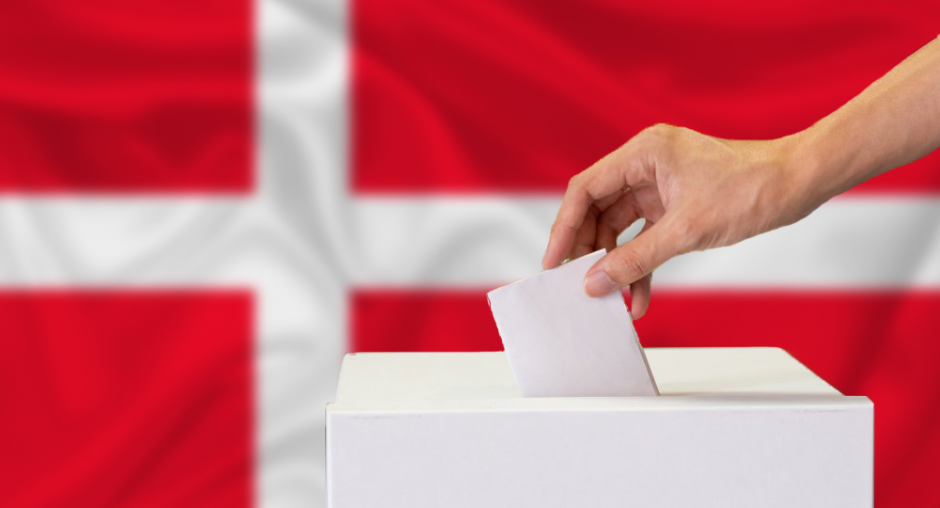Denmark’s 2022 early general elections: ODIHR election expert team final report

Denmark’s November 2022 early general election campaign was competitive and pluralistic with contestants able to convey their messages to the electorate in diverse ways. Freedoms of expression, assembly and association were respected. Despite limited regulation of political financing, election dispute resolution and media coverage of elections, the legal framework is conducive to holding democratic elections.
These are some of the main conclusions of the final report published by the OSCE Office for Democratic Institutions and Human Rights (ODIHR). The report offers 14 recommendations to bring elections in Denmark closer in line with OSCE commitments and other international standards for democratic elections.
Key recommendations include:
- Providing effective and timely remedies to electoral complaints during the entire process, including those related to candidate registration and the election campaign;
- Considering the possibility of voters supporting more than one political party or independent candidate to stand in elections;
- Encouraging parties to develop election materials and messages in formats accessible to persons with disabilities and provide them meaningful opportunities to stand as candidates;
- Considering strictly regulating anonymous donations and requiring disclosure of contributions above a nominal amount;
- Introducing limits for the donations and expenditures of political parties and electoral contestants;
- Regulating third-party campaigning, including by entities affiliated with political parties;
- Explicitly guaranteeing the access of citizen and international observers to all stages of the electoral process.
ODIHR deployed an Election Expert Team (EET) on 26 October 2022 to observe the 1 November early general elections. The EET focused on the party and candidate registration, the campaign environment and the party and campaign finance. All 57 countries across the OSCE region have formally committed to following up promptly on ODIHR’s election assessments and recommendations.
